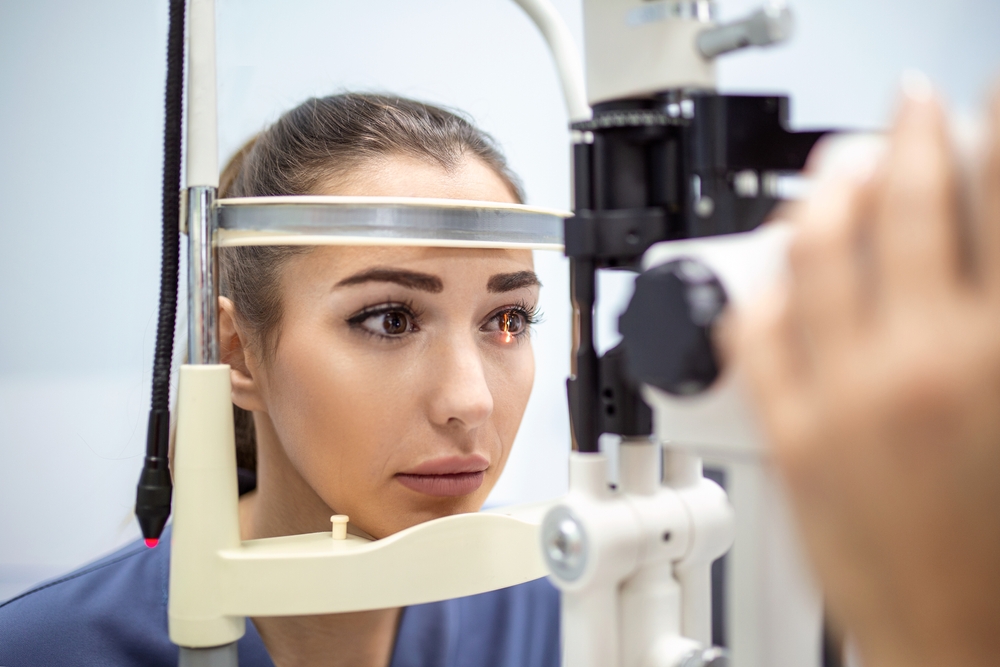
When considering your overall health, eye care might not always be at the forefront of your mind. However, maintaining healthy vision is crucial. Eyes are not only windows to the world but also windows to your health. They can provide early warning signs for various conditions that might affect your entire body. By prioritizing eye health, you ensure that you continue to see the world clearly and protect yourself against preventable vision loss.
What is a Comprehensive Eye Exam?
A comprehensive eye exam is a thorough evaluation of your eyes, assessing both your vision and the health of your eyes. It usually includes a series of tests conducted by an optometrist.
When you undergo a comprehensive eye exam, expect it to take at least an hour. The optometrist will ask about your medical history, any vision problems you may be experiencing, and any family history of eye diseases. They will perform various tests to check your visual acuity, prescription for glasses or contact lenses, eye alignment, eye pressure, and the overall health of your eyes, including the retina and optic nerve.
Common Eye Conditions Detected by Comprehensive Eye Exams
One of the most common findings during an eye exam is a refractive error, which affects how your eyes focus light. Myopia (nearsightedness), hyperopia (farsightedness), astigmatism (distorted vision), and presbyopia (aging eyes) are all variations of refractive errors. These conditions are typically corrected with prescription eyeglasses, contact lenses, or even refractive surgery, depending on your preference and the advice of your eye care professional.
Beyond refractive errors, comprehensive eye exams can uncover eye diseases such as glaucoma, cataracts, and macular degeneration. Glaucoma involves damage to the optic nerve often associated with high eye pressure, while cataracts refer to the clouding of the eye's lens. Macular degeneration affects the central part of the retina and can lead to severe vision loss. Early detection of these conditions is vital for effective management and treatment.
During a comprehensive eye exam, signs of diabetic retinopathy, a complication of diabetes that can lead to blindness, can be detected. Additionally, indicators of systemic health issues, such as hypertension or high cholesterol, can manifest in the eyes. Regular eye exams can, therefore, play a role in monitoring and managing these conditions before they escalate into more severe health problems.
Benefits of Regular Eye Exams for Overall Eye Health
The most significant benefit of regular eye exams is the early detection of eye conditions. Many eye diseases and conditions are most effectively treated when caught early. For example, the early stages of glaucoma have no symptoms, but if detected during an eye exam, measures can be taken to slow or prevent vision loss.
As you age, your eyes naturally undergo changes, and your risk for certain eye diseases increases. Regular eye exams allow your optometrist to monitor these changes over time, adjusting your vision correction as needed and advising you on ways to maintain optimal eye health.
Prioritizing Eye Health with Regular Exams
Understanding the significance of eye health and the role of comprehensive eye exams is paramount. These exams are not only about getting the right prescription for glasses or contacts but also about assessing and ensuring the health of your eyes. Eye conditions, once detected, can often be managed or treated successfully, preventing potential vision loss. By embracing the benefits of regular eye exams, you can help safeguard your vision and contribute to your overall health and well-being.
Schedule your comprehensive eye exam with us and prioritize your eye health today, contact D Vision Eyecare at our office in Allen, Texas. Please call (972) 649-4441 to book an appointment.





